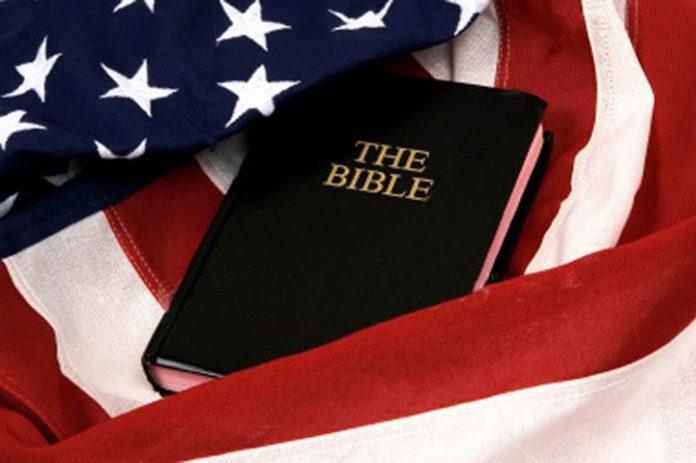The views expressed in this commentary do not necessarily reflect those of BCNN1. Opinions expressed are solely those of the author(s).
Question: I’ve heard congregants complain that while they agree with their pastor on political issues, he talks too much about it and it’s tiring. While other pastors are criticized by never talking about any political issues from the pulpit, with some saying that’s not their gift. Should pastors of local churches talk about political issues from the pulpit? If so, when should they do so and on what issues?
Editor’s Note: Part 1 of this “Ask Dr. Land” series can be read here.
As I explained last week, vast segments of the American people have looked historically to their pastors for moral, as well as spiritual, guidance. And, in today’s culture, the public policy issues that often cause the most intense discussions in our society — the sanctity of human life, racism, human rights, immigration, sexism, and sexuality — are of an entirely different level of moral significance than the politics of what are the most beneficial tax policies or the most prudent trade agenda.
As people of faith and their pastoral leaders wrestle with these issues, we should draw comfort, and perhaps guidance, from how previous generations of Americans have dealt with morally contentious issues.
This tension between the pastoral and public morality role is not new. It goes all the way back to early colonial times in America and has been a consistent theme throughout American history.
Ironically, one of the earliest examples of this tension is the Rev. Roger Williams, historic champion of separation of church and state. Williams argued that there ought to be a wall of separation between the “garden” of the church and the “wilderness” of the state in order to keep the state from corrupting the church.
Williams was extremely critical of the state church in Massachusetts Bay. But among the official charges levied against him when the colonial authorities sought to arrest him and send him back to England in chains was that he claimed that the colonists did not really own their land because they had received it by patent from the King and had not compensated the Native Americans for it. In other words, Roger Williams, champion of separation of church and state, was up to his colonial eyeballs in the most controversial moral issue of that time and place, the colonists’ shameful treatment of the Native American population.
Perhaps, that is why, when Williams escaped into the New England wilderness, the Native Americans whom he had befriended took him in, thus allowing him to survive and to found Providence Plantations (later Rhode Island), the first colony in the New World where you were free to worship where you pleased on Sunday morning or to sit home and shuck peas on your front porch without any civil penalty of any kind.
SOURCE: Christian Post, Richard Land
All Content & Images are provided by the acknowledged source
